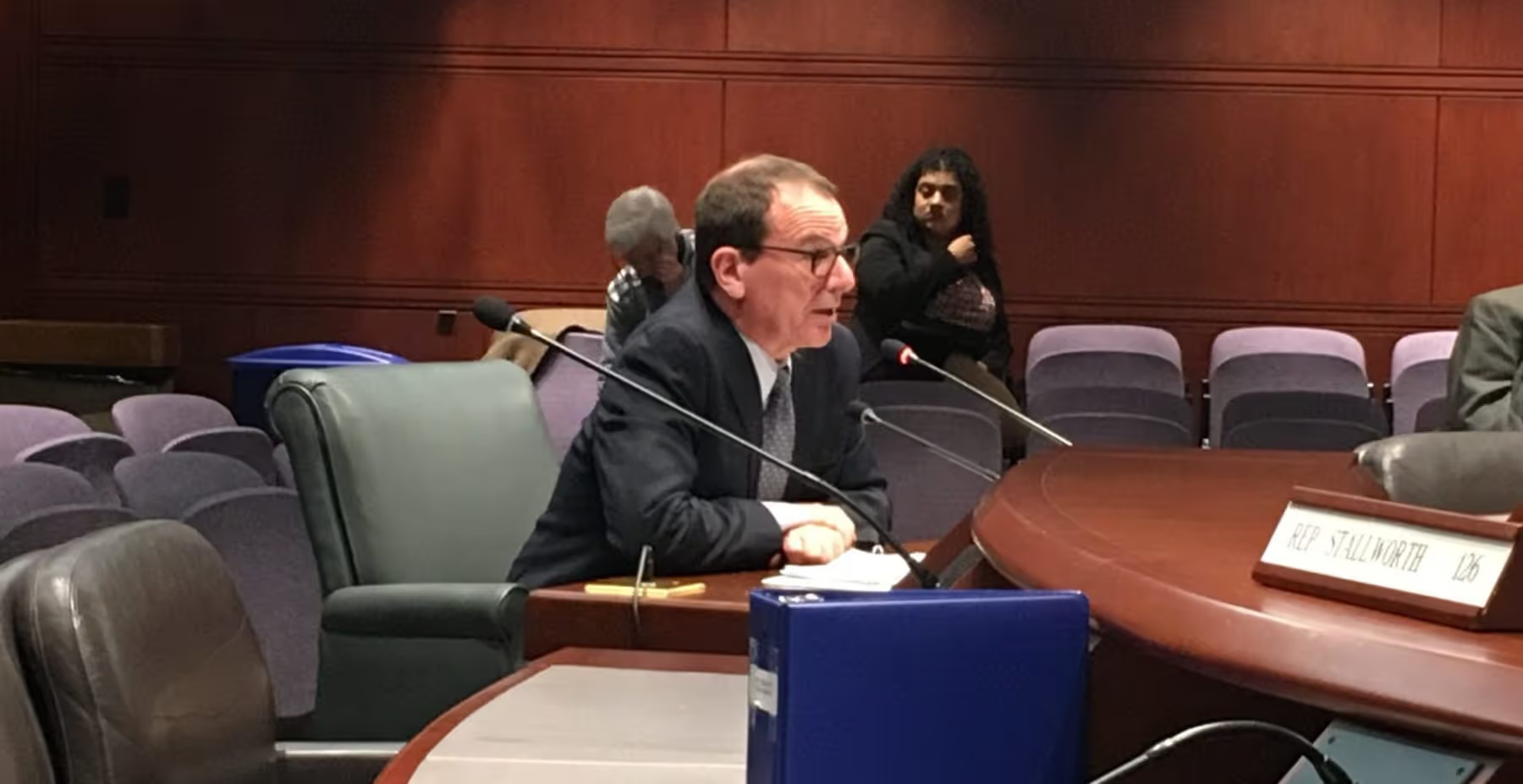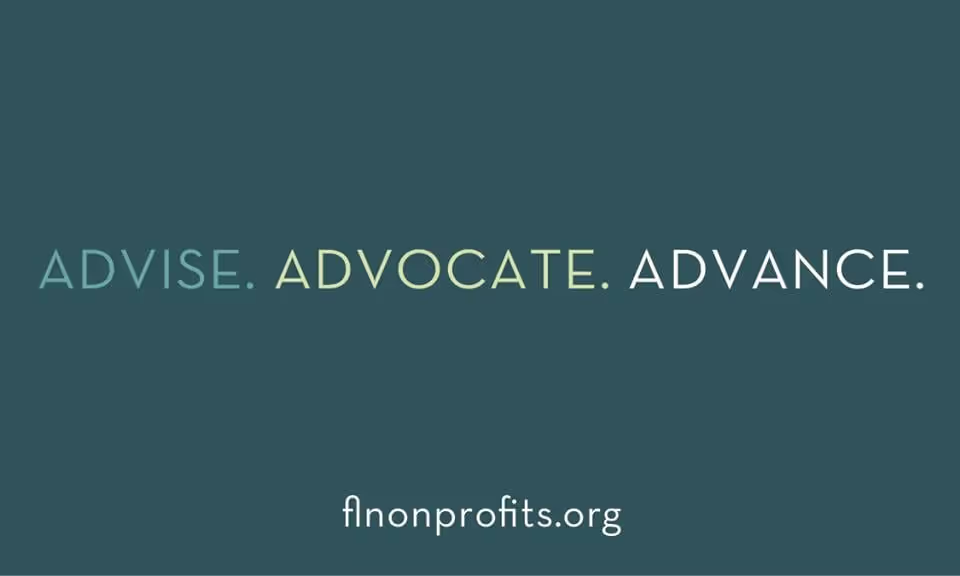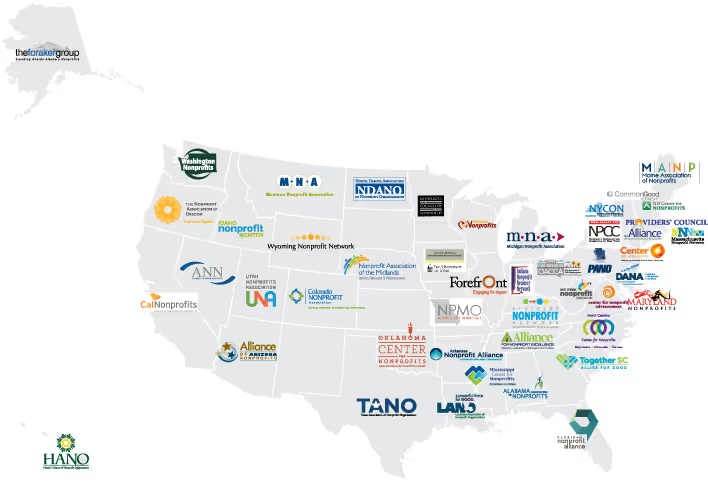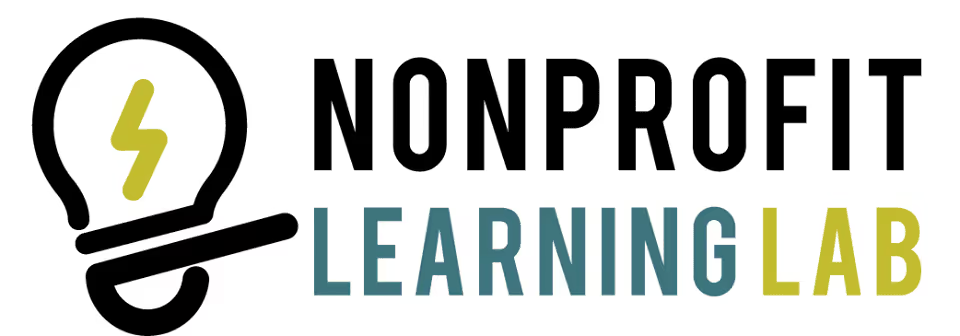Gian-Carl Casa has the unique distinction of being the first president and CEO of the Connecticut Community Nonprofit Alliance (The Alliance). Before taking the position in 2016, Casa had years of experience that prepared him for the role. For over two decades, he worked for the Connecticut Conference of Municipalities, ending his time there as Director of Public Policy and Advocacy. Following that, he was asked by the newly elected Governor of Connecticut to serve as Undersecretary for Legislative Affairs at the Office of Policy and Management. Now, as The Alliance president and CEO, Casa says that he and the organization are aiming to be the statewide voice of nonprofits, especially when it comes to advocacy. “Advocacy is the focal point of what we do,” he says.
“Advocacy is the focal point of what we do.” -Gian-Carl Casa
The Alliance was formed by the merger of two other nonprofit associations, and works to promote nonprofits within the state and before the national government. Casa adds that the organization also engages in activities like training, education, and professional development programs, as well as an affinity program with vendors called “The Alliance Allies.” In all of its activities, The Alliance seeks to further the work of nonprofits in its state.
Why focus on advocacy in legislation? Casa points out that governmental budget cuts can be particularly hard for nonprofits, since they often receive much of their funding from the state. Tight state budgets have caused difficulties in recent years. He notes that 50% of the state budget is guaranteed to fixed costs like pension payments and debt payments. However, the other 50% of the budget is non-fixed costs, which is how nonprofit funding is categorized, and that is the part of the budget that is the target of cuts when the state has a defict. Nonprofit organizations, including colleges and hospitals, often find their funding cut in years when the budget tightens. In addition to budget cuts, Casa mentions that the new federal tax bill has doubled the standard deduction, which will reduce the number of taxpayers who itemize. Consequently, it may seem less beneficial for individuals to donate to nonprofits. This is not a great forecast for nonprofits searching for new donors and seeking to keep current donors on board.
Regardless of a succession of state budget cuts, Casa reminds us that nonprofits still have clients to serve. In fact, he notes that a recent nonprofit survey revealed an increase in demand for services over the last few years for 100% of those surveyed. So at a time when they have fewer financial resources, nonprofits have even more people to serve. Working with these organizations, Casa would love to see nonprofits receive the funding that they need to complete their important work.
“I would have a robust state budget that was able to fund the services nonprofits provide so they can fulfill their missions,” he says. However, faced with a different reality, Casa and The Alliance work to help nonprofits do their jobs. Most recently, the organization initiated a benefits program for nonprofit employees. It offers health insurance for nonprofits, as well as academic partnerships with colleges and universities in the state that will give tuition discounts to nonprofit member employees. This discount, which frequently also applies to family members, may be up to 10 to 20%. Casa truly believes it is important to reward the work of nonprofit employees and care for them in these ways.
“It’s amazing how committed these people are to the work they do,” he says. Casa emphasizes that business men and women run these nonprofits, and the organizations are often very complex. These leaders keep their organizations alive on very small budgets and many times, a very small staff. They often take a cut in pay to work in the nonprofit sector. With the hard work that these employees are doing, Casa hopes that the The Alliance can advocate for them, thus joining their fight to further their causes.
.svg)


.svg)
.svg)
.svg)

.avif)







































































































.svg)
.svg)
.svg)
.svg)